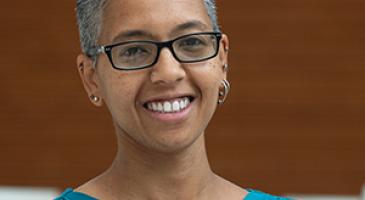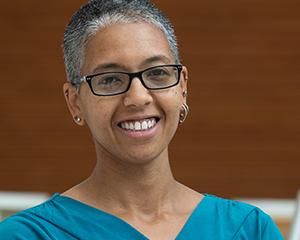Growing up in West Chester, Pennsylvania—a suburb of Philadelphia—Rebecca Hubbard loved to write stories and poetry. Her dream job was to become a science fiction writer, but she was a practical kid and recognized that probably wouldn’t pay the bills. Since she excelled at science and math, she figured becoming a scientist was a better bet for a stable career.
In the News
Official data report some five million COVID-19 deaths in two years, but global excess deaths are estimated at double or even quadruple that figure. Jon Wakefield, professor of biostatistics and statistics, is quoted.

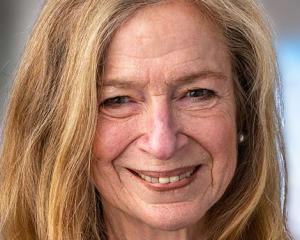
M. Elizabeth Halloran, professor of biostatistics and director for the Summer Institute in Statistics for Modeling in Infectious Diseases (SISMID), is quoted.
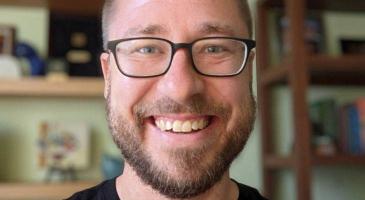
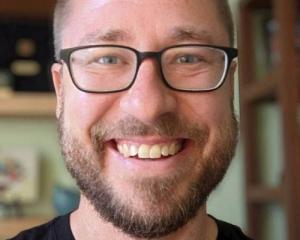
Congratulations to UW Biostatistics alumnus Jeff Leek (PhD ’07, MS ’05) and welcome back to Seattle! Leek will also join the Fred Hutch faculty as professor in the Public Health Sciences Division and will hold the J. Orin Edson Foundation Endowed Chair. His first day will be on or before July 1.

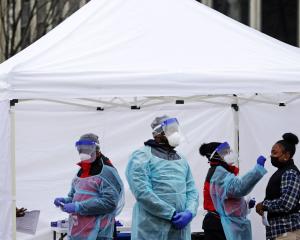
COVID could take on a similar ebb and flow to the flu, but there is plenty left to figure out about just how severe and disruptive it will continue to be. UW Professor of Biostatistics and Fred Hutch researcher M. Elizabeth Halloran is quoted.
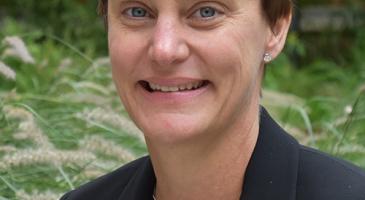
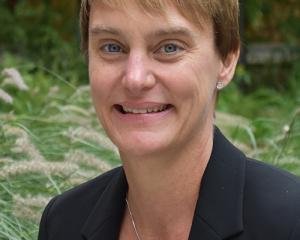
Research Professor of Biostatistics and Fred Hutch faculty member Barbra Richardson is quoted.
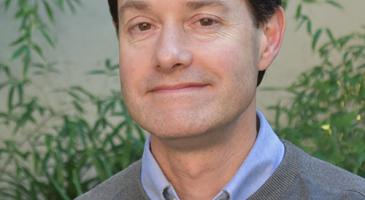
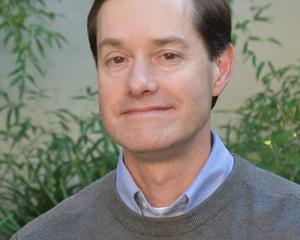
Fred Hutch researcher and Research Professor of Biostatistics Peter Gilbert is corresponding author on new study examining correlates of protection, immunological markers that can be used to reliably predict the level of vaccine efficacy against a clinically relevant endpoint such as COVID-19.
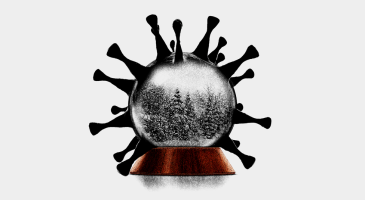
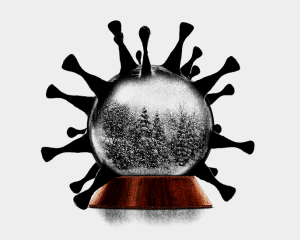
We are no longer in the most dangerous phase of the pandemic, but we also have not reached the end. So COVID-19’s trajectory over the next few months will depend on three key unknowns: how our immunity holds up, how the virus changes, and how we behave. Professor of Biostatistics and Fred Hutch researcher M. Elizabeth Halloran is mentioned.
